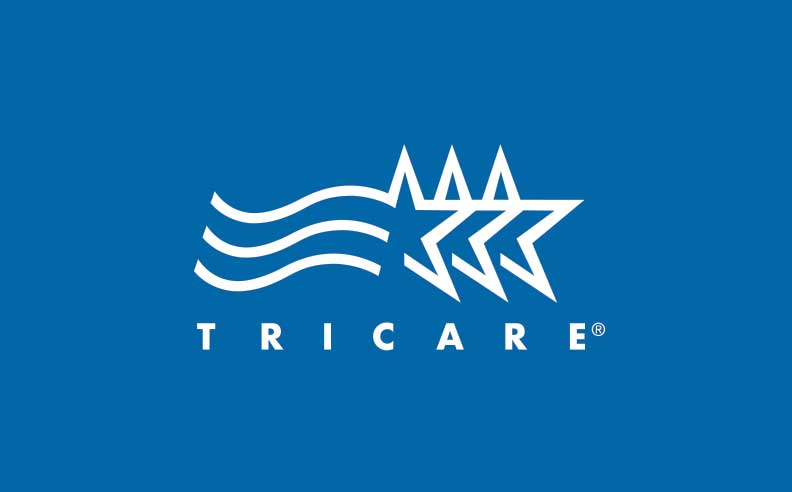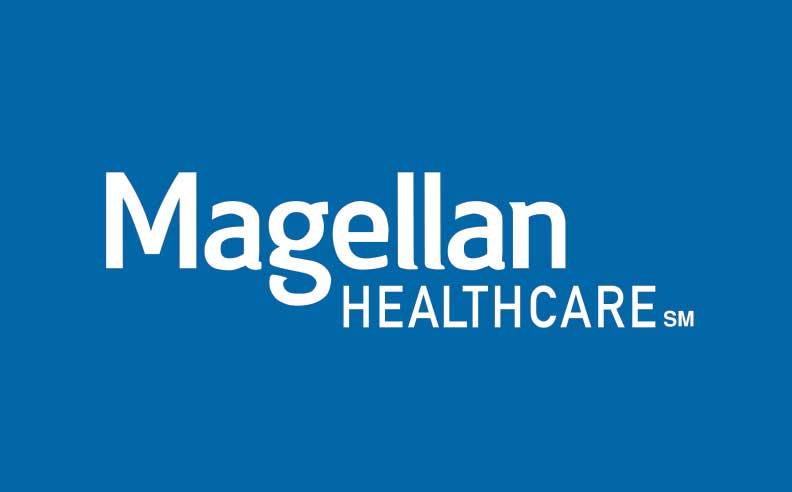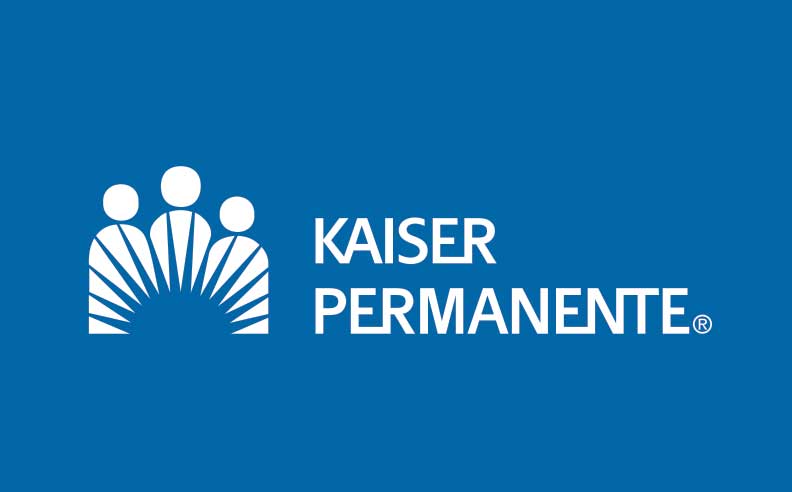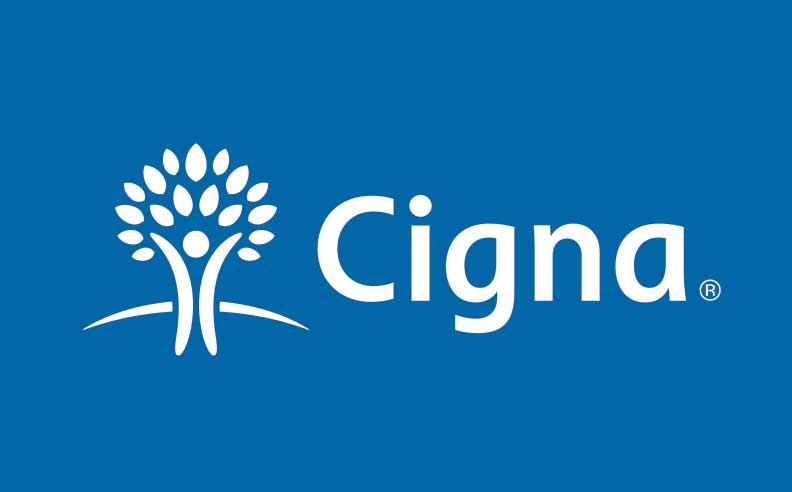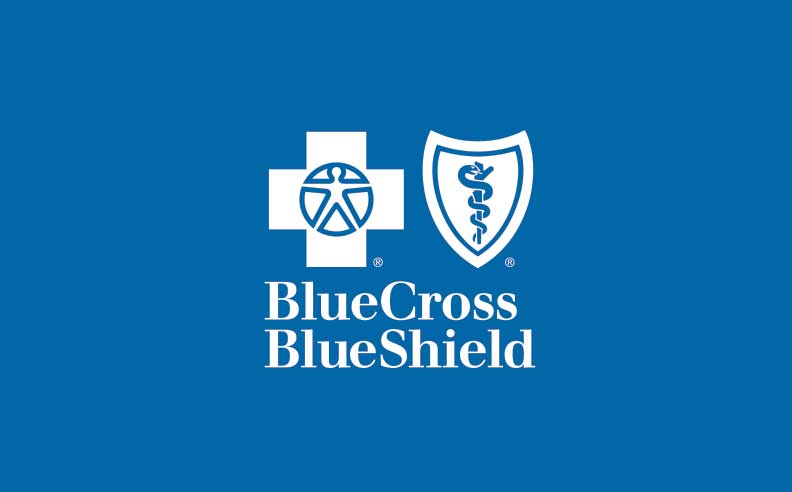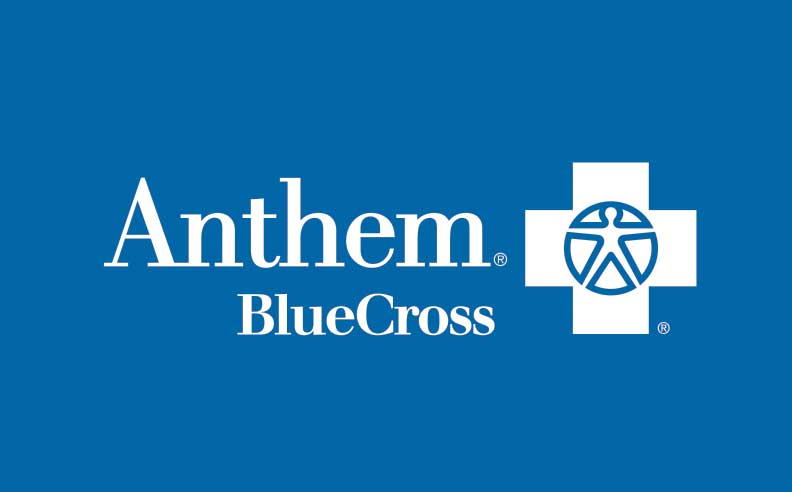What is Depression?
Depressive disorders are characterized under mood disorders and cause affects how one thinks, feels, and interacts with others. Individuals with depression may not even report depressive signs and symptoms and instead present to their physician for somatic or physical symptoms, such as headaches, abdominal pain, muscle pain, and fatigue. Individuals may also complain of irritability or problems concentrating.
Depression Warning Signs & Risks
This disorder may be difficult to initially diagnose, as many individuals may not show the clear-cut signs and symptoms of depression. According to the Diagnostic and Statistical Manual of Mental Disorders, Fifth Edition (DSM V), at least five of the following symptoms must be present within a two-week period with at least one of the symptoms being depressed mood. Additionally, these symptoms must cause apparent distress in social and occupational functioning.
- Sleep disturbance
- Loss of interest in activities
- Feelings of guilt
- Loss of energy
- Difficulty concentrating
- Change in appetite
- Psychomotor agitation
- Sadness
- Suicide ideations
Living with untreated depression can potentially lead to self-harm, eating disorders and even suicide. Therefore, recognizing the signs and symptoms of depression and seeking the appropriate treatment is imperative to overcoming the battle with depression and living a healthy and fulfilling life.
Depression Treatment
Treatment for depression consists of a combination of medications and psychotherapy. Although studies have shown that these medications and psychotherapy approaches can be used alone for mild depression, when used in combination, individuals receive the best outcomes in terms of symptoms relief for moderate depression. The most common pharmacological treatments include antidepressant classes such as selective serotonin reuptake inhibitors (SSRIs), serotonin/norepinephrine reuptake inhibitors (SNRIs), atypical antipsychotics, and tricyclic antidepressants (TCAs).
Medication generally takes approximately 6-8 weeks for results to take effect. Psychotherapy includes cognitive behavioral therapy, interpersonal therapy, problem-solving therapy and mindfulness-based cognitive therapy.
Depression Treatment Approaches
Cognitive behavioral therapy and interpersonal psychotherapy are the two most common therapy approaches to treating depression. Cognitive behavioral therapy focuses on reducing depressive symptoms by recognizing the irrational thought patterns, emotions, beliefs, and distorted attitudes toward oneself and their environment that results in symptoms of depression. Once the recognition of maladaptive thoughts occurs, an individual can then work on their behavioral patterns to turn these negative symptoms around into positive outlooks. The individual is able to gain insight and self-appreciation in order to develop behavioral techniques such as self-control therapy, problem-solving, and social skill training.
Interpersonal psychotherapy focuses on acknowledging the triggers associated with depression—such as the loss of a loved one, a stressful social situation, the loss of a job, financial burdens, social isolations, or the loss of a romantic relationship. In this form of therapy, depression is viewed as a medical illness and the illness is the cause of the depression. Techniques that involve building relationships, learning coping mechanisms, and developing conflict resolution skills can help diminish these triggers and form positive insight into future conflicts. Other forms of psychotherapy to treat depression can include:
- Psychodynamic psychotherapy
- Problem-solving therapy
- Marital therapy
- Family therapy
- Group therapy
An antidepressant medication is often the first step in the treatment plan for an individual with mild to moderate depression. There is a vast array of medications available, and the initial selection depends on the known medication side effects, safety, and tolerability of these side effects. Also considered is the time it takes for the drug to work, an individual’s response to prior antidepressant medications, cost of the medication, interactions with other medication, and the individual’s preference. Antidepressants take two-to-six weeks, at the correct dosage, for a clinical response to occur. That’s why it’s essential for individuals to stay motivated and compliant during this time period. Additionally, psychotherapy can be initiated at the start while these medications take their time to produce clinical effects.
We’re Here For You
If you or someone you know is struggling, we’re here for you. Discovery Mood and Anxiety Program specializes in treatment for mental health, substance abuse, and dual diagnoses, by creating unique programs to help every individual find their way to recovery. For more information, resources, or to consult with one of our specialists, call 714.828.0808.



